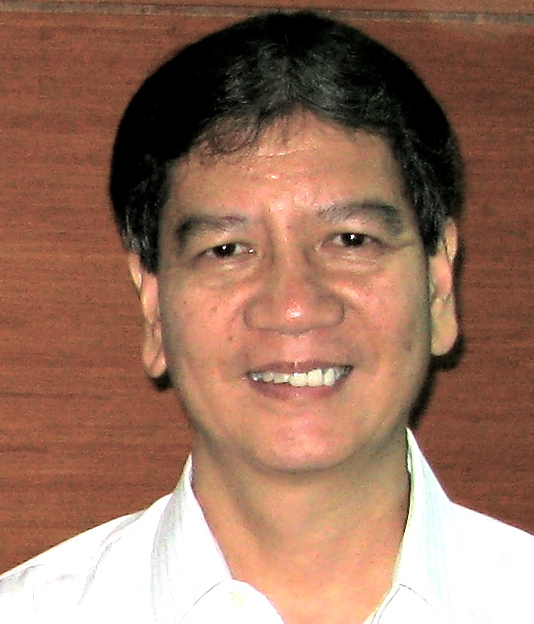In Penang the course was co-organised with the urban think-tank, Think City, in collaboration with the Right Livelihood College, with whom the course coordinator has prior relations. This pilot is the only fully-fledged short futures introduction course of the three pilot projects. It relied on live teaching and workshop techniques during two intensive consecutive days of activities. As the LEALA online tools for resource sharing were not yet available during the course preparation and implementation, the teaching materials for this course were supplied online on a dedicated website for the pilot, prior to the live teaching event (http://www.cityfutures.net). The participants were selected from emerging city leaders and project advisors from different parts of Malaysia, and also included participants from the Philippines, Singapore and Taiwan.
“If you want to know where any country’s future is heading, look at the main cities – if it cannot manage its cities, it has little hope in imagining its future…How we manage cities will determine the future.”
Datu Anwar Fazal

WFSF Executive Board Member Cesar Villanueva (left), Philippines coordinated the Penang LEALA Pilot hosted by “Think City”, Penang. It provided a three-day introductory futures course entitled “Transforming Cities 2030” at the end of March 2014 in Penang Malaysia. The course for 36 participants was aimed at leadership in urban development in the region. The motto is: “Using Foresight Methods to Create Alternative and Preferred Futures”. Its purpose is to familiarize participants with futures studies and to encourage anticipation and strategic foresight. Tools and techniques for envisioning the future are introduced and the links between long-term visions and present-day decisions are discussed. The idea is to empower participants to create the change they want in the world by applying foresight to the design of cities of tomorrow. The facilitators included international futurists: Sohail Inayatullah & Mei Mei Song. The course was co-organised by The Right Livelihood College and Graduate Institute of Futures Studies, Tamkang University, Taiwan, China.
See Workshop Website.
This is the final report on the two-day “Transforming Cities 2030” futures course held at the Cititel Hotel, George Town, Penang, Malaysia.
Organized by Think City, a wholly-owned subsidiary of Khazanah National Berhad and the World Futures Studies Federation in collaboration with the Right Livelihood College, the Graduate Institute of Futures Studies – Tamkang University and UNESCO, the course familiarized participants with futures studies and introduced some anticipatory tools and techniques to envision futures of cities.
Around 35 city leaders and project advisors from different parts of Malaysia including participants from the Philippines, Singapore and Taiwan attended the workshop. Professor Cesar H. Villanueva of the World Futures Studies Federation and Think City’s Dave Duncan directed and supervised the course.
World renowned political scientist and futurist Sohail Inayatullah and TKU professor Meimei Song concurrently acted as resource persons and led the facilitation with Jeanie Hoffman and Shermon Cruz assisting during the breakout sessions.
Conclusion
From an analysis of the experiences of participants, we could draw several conclusions. First, futures literacy according to participants was essential and that more of it should happen soon for other to experience futures processes and methods.
Second, the course enriched their meaning of ‘reframing’ and got exposed to multiple perspectives and layers of analysis, to borrow the words of a participant in the course “tweaked” her previous “theory of world-making” and to use the “CLA framework” more in the exploration of alternative and preferred futures.
Third, “courage” was required and that we need to create more learning spaces for people to question their own – positive and negative – biases about the future. And of course, yes, the participants noted that, despite our epistemic and artificial boundaries, ‘we are a family’ that are always searching for ‘new narratives’ and ‘new methods’ needing ‘new friends and networks’. We are a family that could “get along well without a fight”, desiring “to start the change somewhere” to transform the future now!
